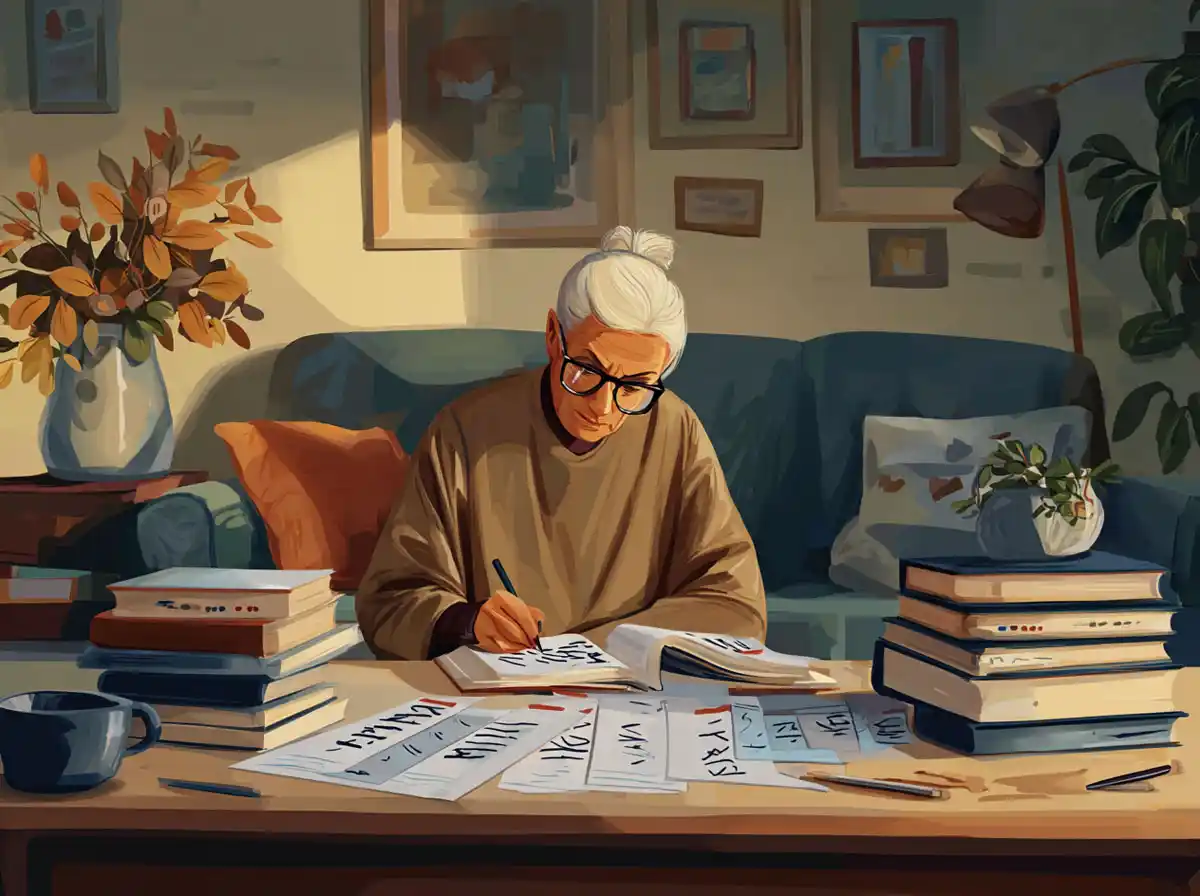Exercise 1: Fill in the blanks with the appropriate comparative form of the given adjective or adverb
2. Jouw huis is *groter* (big) dan mijn huis.
3. Het is vandaag *warmer* (warm) dan gisteren.
4. Ze kan *beter* (good) zingen dan ik.
5. De film was *leuker* (fun) dan ik had verwacht.
6. Het nieuwe model is *duurder* (expensive) dan het oude model.
7. Haar jurk is *mooier* (beautiful) dan mijn jurk.
8. Je hond is *slimmer* (smart) dan mijn hond.
9. Dit café is *gezelliger* (cozy) dan het andere café.
10. Hij is *ouder* (old) dan zijn zus.
11. Mijn koffie is *sterker* (strong) dan jouw koffie.
12. Deze wandeling is *korter* (short) dan de andere wandeling.
13. Dit gerecht is *pittiger* (spicy) dan het andere gerecht.
14. Haar tekening is *gedetailleerder* (detailed) dan mijn tekening.
15. Dit restaurant is *rustiger* (quiet) dan het andere restaurant.
Exercise 2: Fill in the blanks with the appropriate comparative form of the given irregular adjective or adverb
2. Deze trein is *minder* (less) snel dan de andere trein.
3. Zijn presentatie is *zo* (as/as much) interessant als die van haar.
4. Deze taart is *even* (equally) zoet als de andere taart.
5. Het nieuwe model is *weinig* (a little) duurder dan het oude model.
6. Deze straat is *aanzienlijk* (significantly) smaller dan de andere straat.
7. Hij heeft *iets* (a bit) minder ervaring dan zij.
8. Dit kaartspel is *ietsje* (a tad) moeilijker dan het andere kaartspel.
9. Dit boek is *bijna* (almost) even dik als dat boek.
10. Zij zijn *minstens* (at least) even goed in het spel als wij.
11. Zijn uitleg is *net* (just) zo duidelijk als haar uitleg.
12. Haar werk is *eveneens* (likewise) goed als dat van hem.
13. Deze soep is *ietswat* (somewhat) zouter dan de andere soep.
14. Marie is *nauwelijks* (barely) jonger dan Laura.
15. Deze auto is *beduidend* (considerably) sneller dan die auto.










